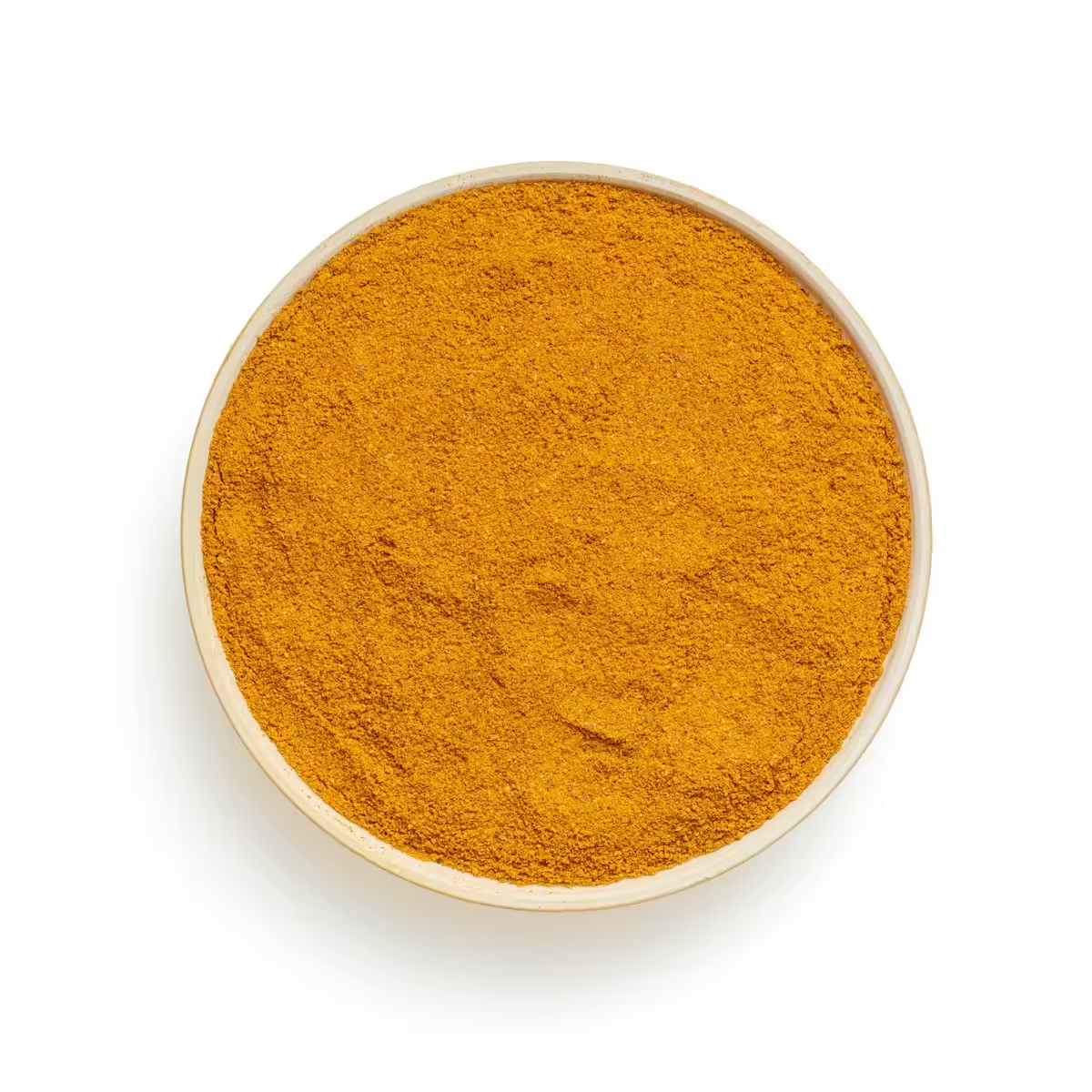
Table of Contents
Turmeric is frequently promoted as a natural remedy for many ailments. Due to its natural origin and low risk of negative effects, many people see it as an alternative to prescription drugs and other therapies. All these reasons are true, yet many people underestimate the effects of turmeric on the body. According to research, using large doses of turmeric or taking it with other medications can actually cause some negative side effects.
What is Turmeric?

When the word “turmeric” is used, it specifically refers to the root of the turmeric plant. Turmeric has been used for about 4,000 years; Apart from its culinary uses, it was also used in ceremonial and medical contexts in India. Turmeric has been shown in many studies to offer a wide range of health benefits, although many of its purported benefits lack scientific support.
Turmeric’s active ingredient, called curcumin, is responsible for most of its health benefits. After a thorough analysis of curcumin, scientists discovered that it has anti-inflammatory, anti-oxidant, anti-curcuminogenic and anti-thrombotic (reduces blood clotting) properties.
People use turmeric as an alternative or in combination with other medicines to treat their ailments for all its health benefits. They often do this to avoid the problems and negative effects that come with using large doses of prescription drugs. But it can have many negative and unpleasant side effects, the very qualities that make turmeric so effective also make it dangerous to consume in combination with other drugs.
Turmeric Side Effects

When used in combination with certain medications, turmeric can be dangerous because it contains many of the same ingredients that make it so useful. Turmeric, for example, is dangerous when used with blood thinners because of its anti-thrombotic, or blood-clotting, properties. Taking these medicines with turmeric increases the effect of the medicine and increases the risk of bleeding. Examples of blood thinners include warfarin (Coumadin), clopidogrel (Plavix), and aspirin.
Turmeric also has an effect on medicines that reduce stomach acid. After using these drugs, it will cause your body to produce more stomach acid. In addition to damaging your esophagus, it can cause nausea, bloating, and stomach pain. It cannot be overlooked that there are two distinct groups of drugs that reduce stomach acid.
If you take both traditional medicine and turmeric at the same time, the University of Maryland Medical Center AltMed website suggests that there may be an interaction that increases the production of stomach acid. Proton pump inhibitors, such as omeprazole (Losac, Prilosec), esomeprazole (Nexium), lansoprazole (Prevacid), rabeprazole (Aciphex), pantoprazole (Protonix), and dexlansoprazole (Dexilant), block the action of proton pumps in the stomach. H2 blockers that prevent histamine from becoming acid-producing cells in the stomach include famotidine (Pepcid), cimetidine (Tagamet), nizatidine (Axid), and ranitidine (Zantac).
Turmeric can be harmful if used with diabetes medications (which lower blood sugar). The effect of these drugs is strengthened by turmeric, which increases the likelihood of low blood sugar. It can cause numerous adverse effects such as tremors, anxiety, visual impairment, psychosis and generalized decreased cognitive function.
Some people may experience adverse reactions from turmeric, such as rashes or hives, or even anaphylaxis and dyspnea. It is advisable to either find a different, natural substitute for turmeric or reduce your dosage if you are allergic to it or if you are on any medicine or drugs.
That said…
The above mentioned list is not exhaustive. Side effects will always vary between individuals due to the number of drugs administered and each individual’s unique chemical makeup. Please let us know if you found this content helpful by leaving a comment below.
NOTICE: This content is for informational purposes only and should not be used as a substitute for expert medical advice, diagnosis or treatment. If you have any questions about your health, your current medication or your medical condition, you should always see your doctor or other trained health professional. Never disregard professional medical advice or stop seeking help or treatment because of something you read online.
READ | How to Apply Epsom Salts to Plants for Healthier, More Colorful Flowers


1 thought on “Never use turmeric if you take any of these prescription medications”